
How to save a language – or not
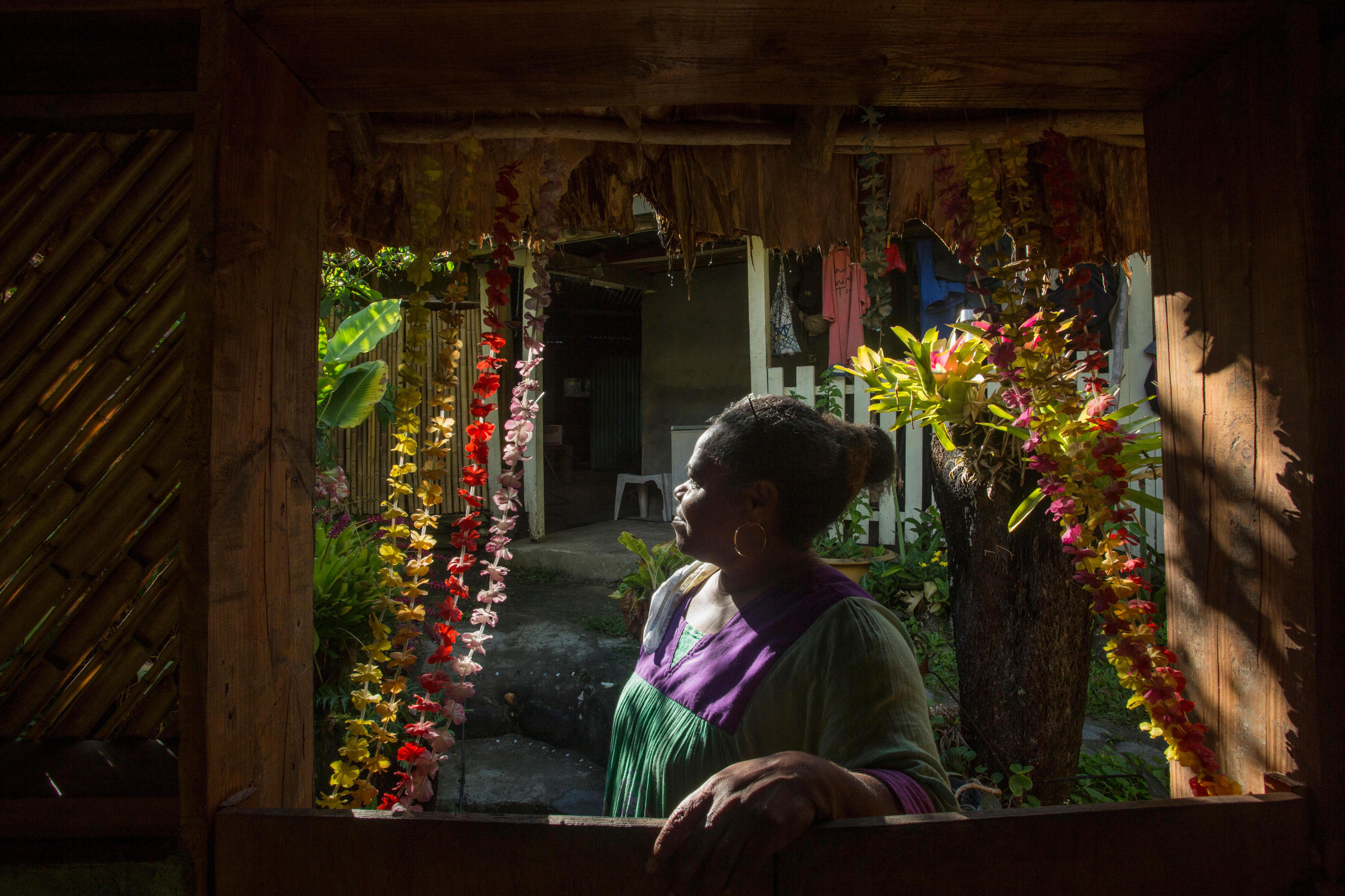
Language diversity is in rapid decline worldwide. Linguist Jean Rohleder has been trying to save an endangered language in New Caledonia, a French overseas territory in the Pacific. But he is not sure if he has been successful.
Before Christopher Columbus sailed to the New World, there were 15,000 languages spoken around the world; now there are about 7,000. Half of these remaining languages have been documented, often only in a very sketchy way. “By the end of this century 50-90% of them will probably be extinct,” says linguist Jean Rohleder.
Is that really a bad thing?
The decline in language diversity began long before the conquest of the New World. Yet with the rise of nation states, the process gathered speed. These states created standard languages which suppressed diversity on their own territories. Colonisation just exported this process to the rest of the world.
“Language death is not a natural evolutionary process,” says Rohleder. This is a point he insists on, as he is tired of hearing that only the “civilised languages” will survive, and that it is better if we can all understand each other more easily.
“The first argument has no objective basis at all. It’s just a kind of linguistic social Darwinism,” Rohleder says. “As for the second point: our problems don’t come from not being able to understand each another. Issues around power and resources – that is what starts conflicts.”
As to whether language decline is a bad thing, he has some definite views.
Would-be rescuer
The University of Bern linguist had the opportunity to do something about it. Thanks to contacts in the academic world Rohleder travelled to New Caledonia, where he spent 11 months in 2017 and 2019 living among the Vamale, a tribe of 180 farmers and fishermen who all speak the language of the same name. Vamale belongs to the Austronesian languages, and is one of 28 local languages still spoken in New Caledonia – all of them more or less endangered. The Vamale are worried that their language is dying and that was why they invited Rohleder to come and study it.
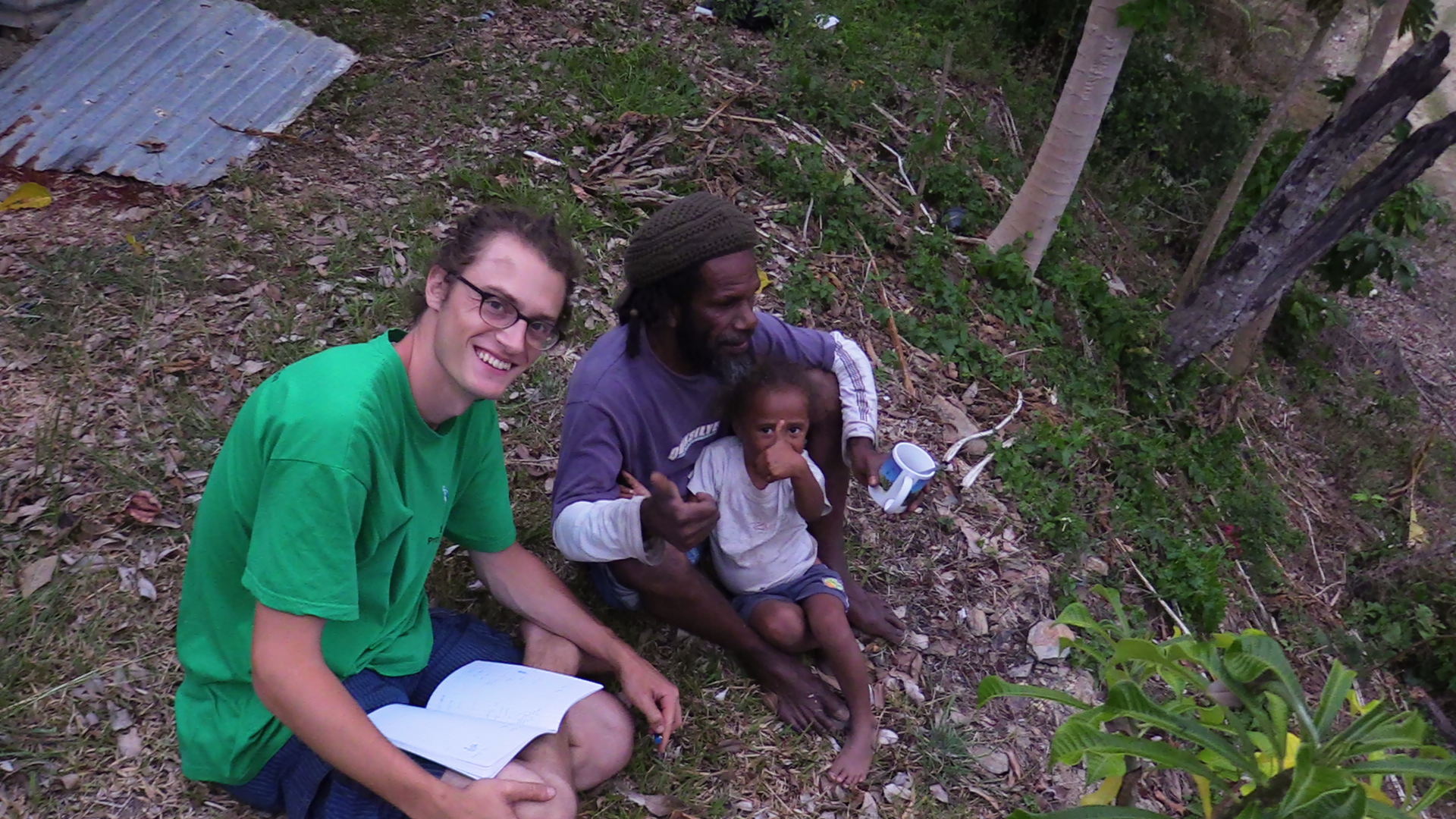
Armed with his academic training and a strong sense of idealism, he was eager to take on the challenge of preserving Vamale. “Looking back, I must say I had something of a ‘white saviour’ attitude,” says Rohleder with a wry laugh. “It didn’t much help either when the locals told me their prayers had been heard, and that I was there to help them.” With hindsight, he can look back ironically on his efforts. He faced the same challenges involved with preserving any endangered language.
Language policy and colonialism
The Vamale are like many minority tribes. On the one hand, they are proud of their language which they see as an important part of their identity. But at the same time they have an inferiority complex because their language is not a “proper language” – not a standardised written language like the ones from Europe. “A typical by-product of colonialism”, exclaims Rohleder. “They have been absorbing these attitudes for decades now.”
New Caledonia is a group of islands in the South Pacific, a former French colony that now has a special status (collectivité sui generis). It has had to conform to the language policy of the French state. This policy is based on the assumption that the French language reigns supreme. French has been carefully standardised over the centuries and has been a cornerstone of political centralism. During colonial times, the spread of French was regarded as a civilising mission.
In a place like New Caledonia that had a definite effect. Furthermore, white men’s diseases and brutal military occupation decimated the native population. All of this put great pressure on local languages. The Vamale were a case in point. Following the last uprising against their colonial masters they were almost wiped out. In the meantime they dwindled from 2,000 to about 50 speakers of the language and were driven out of their original homelands. “History and language are all wrapped up with their view of themselves,” says Rohleder.
Can a language be revived?
Preserving a language is a struggle for survival. This is where Rohleder came in. “My job was clearly defined: I was supposed to help them revitalise Vamale.” His doctoral thesis was intended just to document the language. But the foundation that was funding his research in the field wanted to see the current state of the language archived. “So I was wearing three different hats at the same time. That made everything more complicated, but at least it meant that I really got into the language and culture intensively.”
This meant real anthropological fieldwork: living with the locals, hunting and fishing with them and helping them build their houses. He studied kinship systems and social rituals. He also studied their religious ideas, myths and legends.
Rohleder developed a writing system for the language and produced a dictionary, which he later developed into a mobile app – the Vamale now use it on their smartphones. He also collected their oral history of the past century. “These stories provide a rather different view from the official French version,” Rohleder points out.
His life there was far from idyllic though. It was very interesting, he notes, but also highly stressful because of the cultural differences. “It was tough on them, because I was always breaking the rules of polite behaviour.” Economic differences were also a constant issue. He was regarded as a rich European who needed to pay his own way.
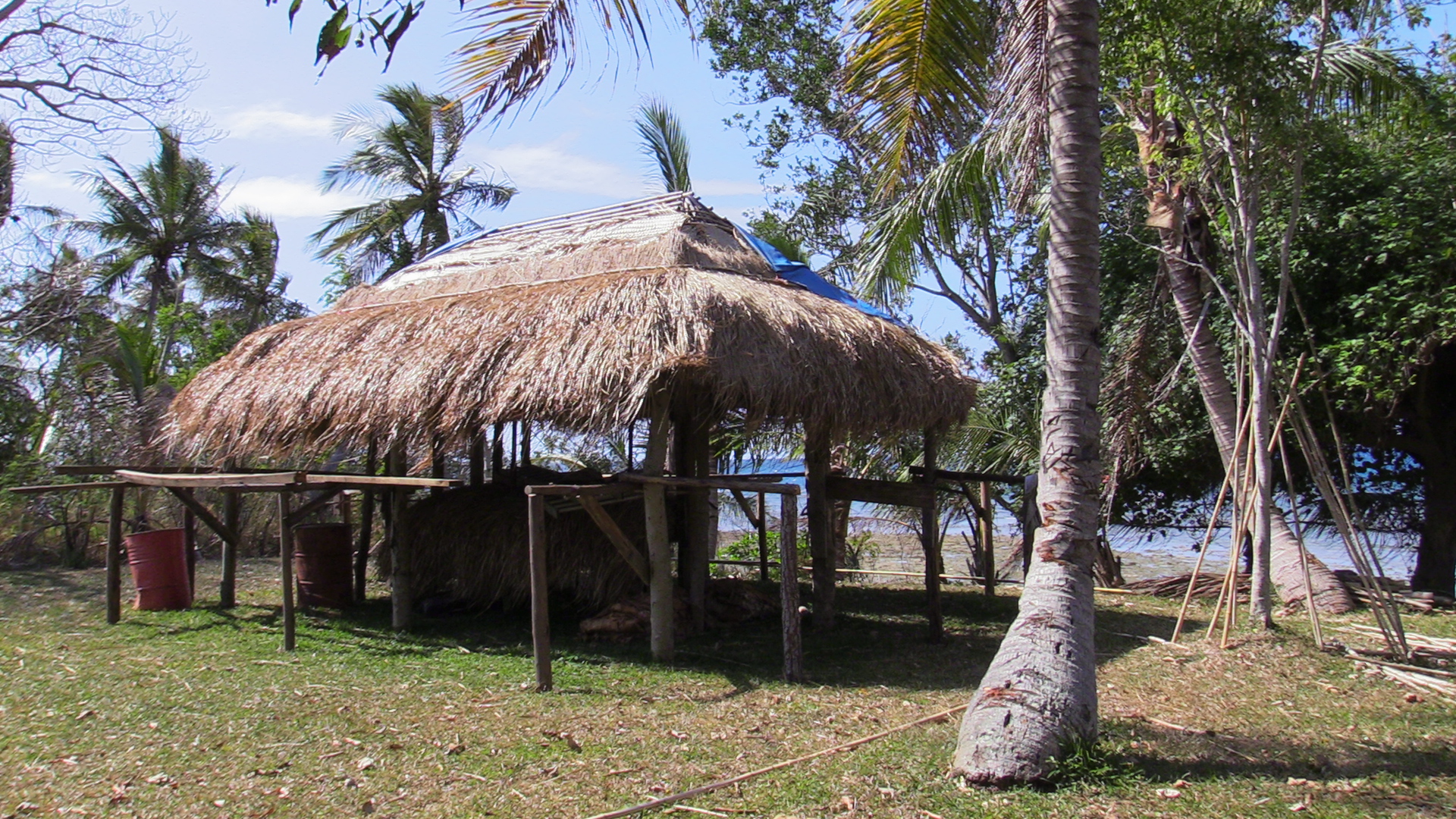
Multilingualism as a norm?
Working as a Swiss researcher in New Caledonia had its advantages, Rohleder found. “You’re not just seen as a colonist.” What is more, Swiss language policy is pretty much the opposite of French policy. The four national languages are all recognised and maintained. The Swiss national pact to get along as one country without one group imposing its language on the others is the exception rather than the rule.
It is also something that is well-known abroad. “I have always been surprised to find that people in other countries admire Switzerland because of its multilingualism. But then they always add that it wouldn’t work for them. It’s as if the Swiss had reached a higher level of civilisation,” says Rohleder.
At this point he tries to point out why he disapproves of the decline in language diversity. He likes to draw a parallel with the loss of biodiversity: 75% of insect biomass has already disappeared. “Everyone knows that, but after a while there will be no one left who remembers how it used to be,” he adds.
The same holds for languages. They transmit culture, history and identity. If they disappear, alternative models of society disappear, and everyone has to conform to the norms of dominant groups. That leads to an existential problem, says Rohleder: “How can I reflect on my own life – and even make it better – if I don’t know any alternatives?”

Knowing the value of a language
Rohleder sees the Swiss model as a counterbalance against the decline of languages. For it to be politically feasible is another matter, however. The decline is underway everywhere. The standard languages that are now gobbling up minority languages all over the world are no longer exclusively European. They are not spread by the colonial empires of yesteryear, but by newer nation states intent on promoting linguistic homogeneity within their borders.
There are attempts being made now at the political level to preserve local languages in New Caledonia, and to teach them in school. This alone will not ensure that these languages are saved. Research shows that if a language is no longer used at home and cultivated in the domestic sphere, official attempts at preservation will not do much good.
So what remains of Rohleder’s one-man crusade in New Caledonia? “Mine was no more than a modest contribution,” he says. “I think the most important part was the hours of discussion around the campfire, when I used to analyse their language and compare it to French. I was trying to show them that Vamale has its own unique structures – as every language does.”
At best he has helped them to develop a more positive view of their own language. His interest and his presence there held up a mirror and allowed the locals to ask themselves the important question: do we want our language to survive? They really suffered under colonialism, Rohleder says. “But in the end the Vamale themselves have to see the value of their own language. Whether their language survives is now in their own hands.”
Jean Rohleder also recorded Vamale songs. In this one below (click on MP3) – as often in traditional folk songs – sexual love among the villagers is hinted at:
Original: Thamo Bako, xathake gitaa, le bwa vila ka li puaka, a saviyoo nyeca li wii bwana, le bwa vathan han ka li puaka!
Translation: Woman of Bako, guitar player, the pigs are dancing to the tune, she comes to meet me in the beanfields, and the pigs run off!
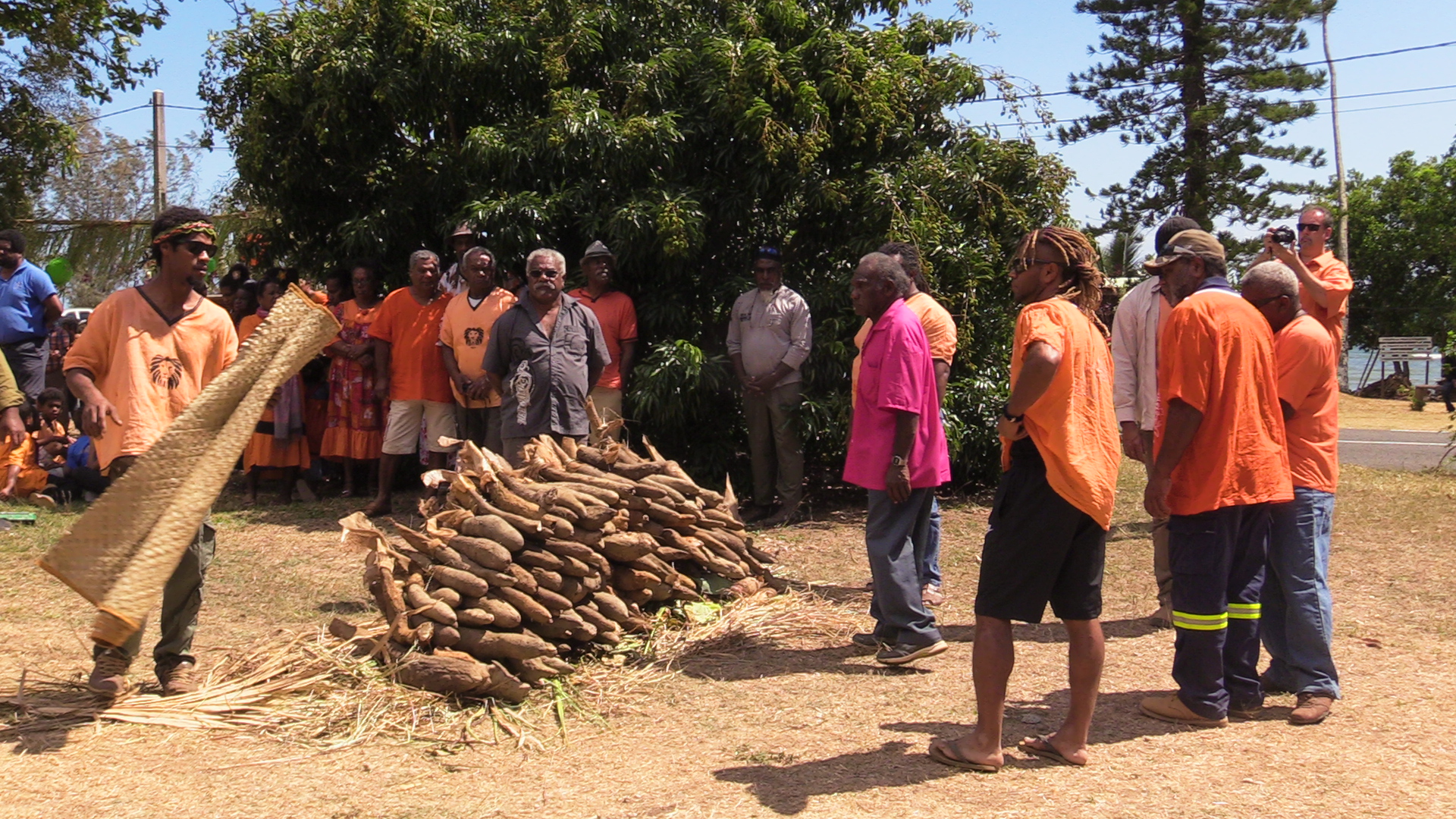
Edited by Balz Rigendinger

In compliance with the JTI standards
More: SWI swissinfo.ch certified by the Journalism Trust Initiative


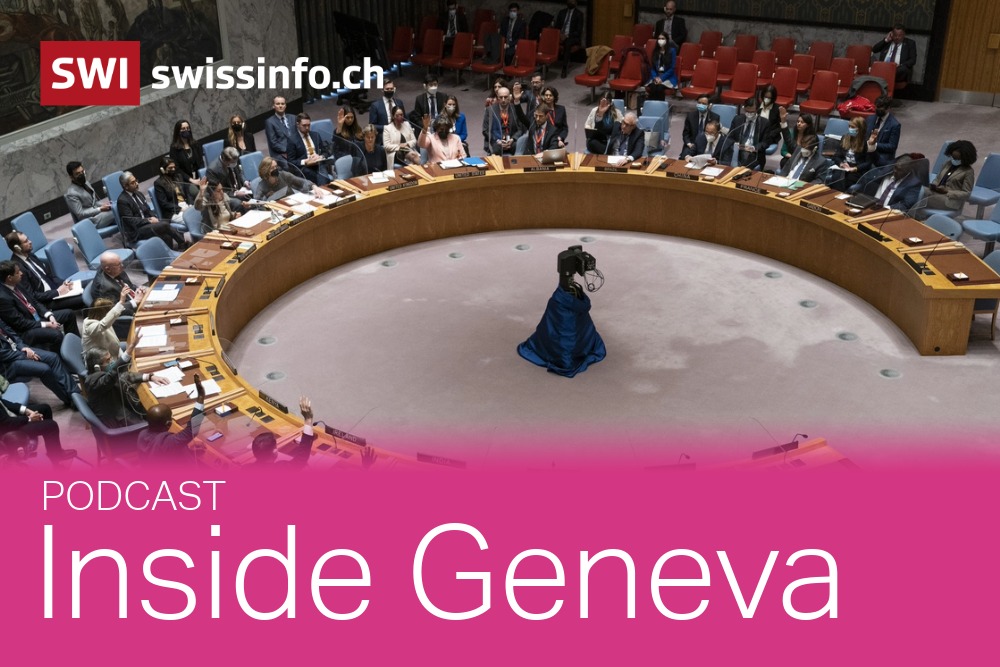














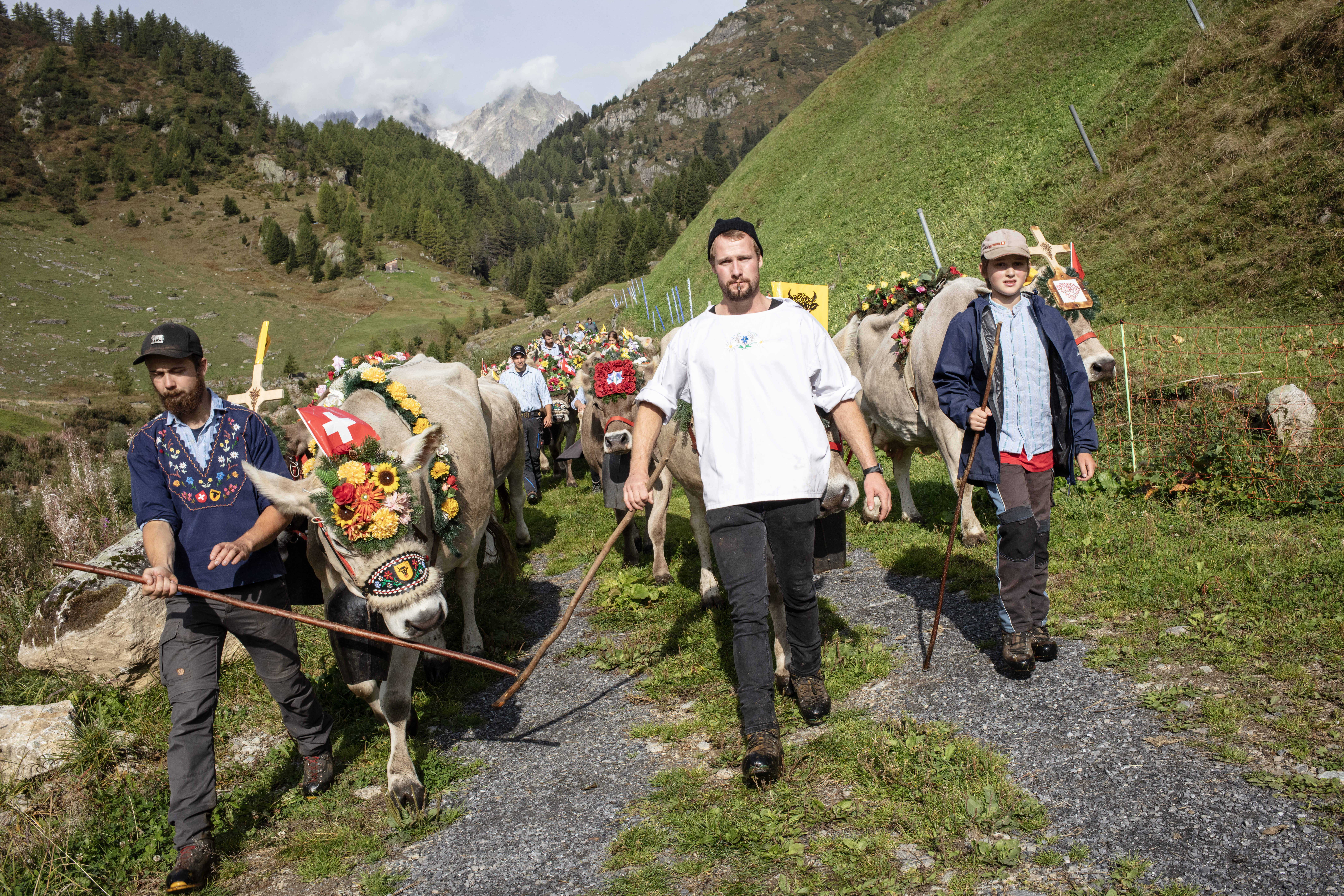
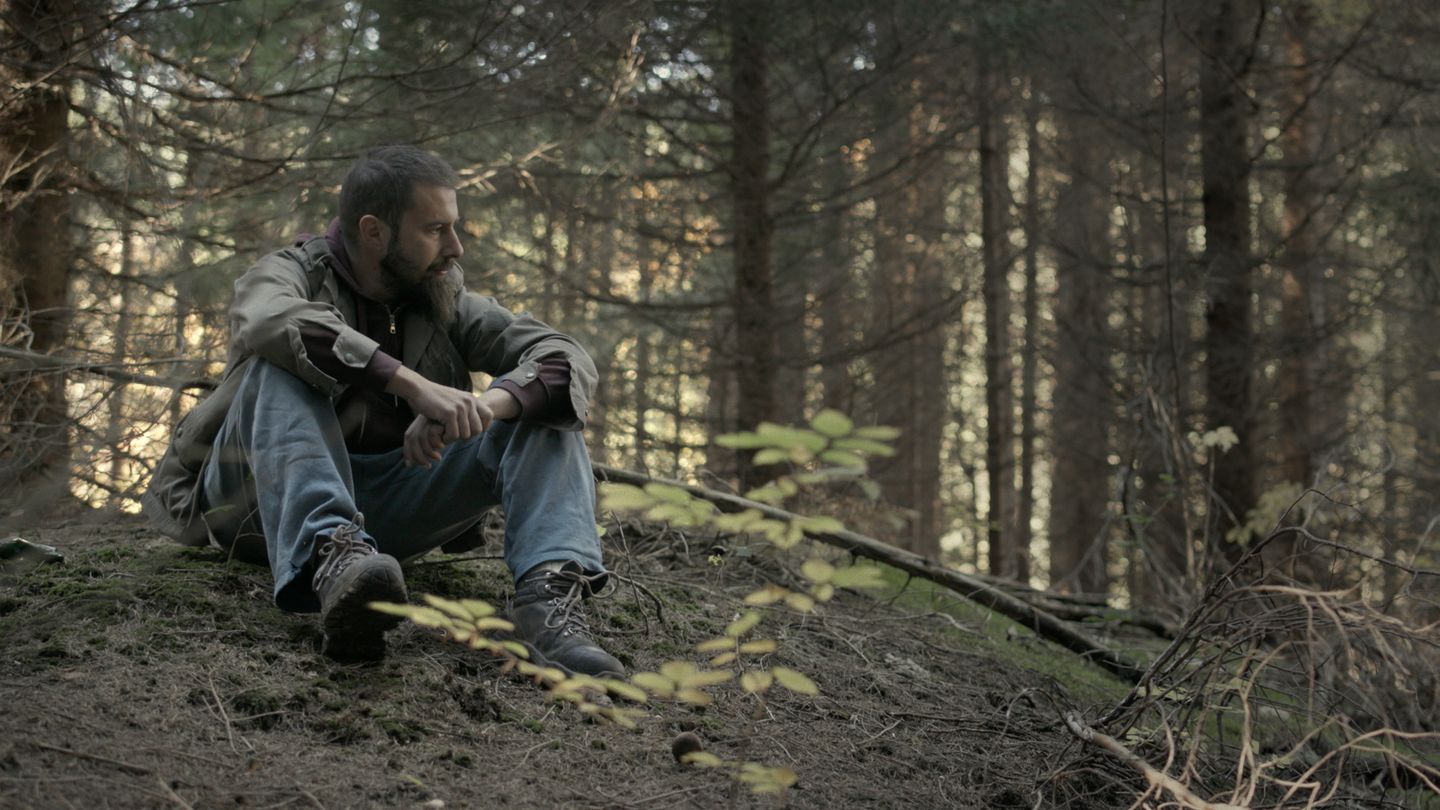








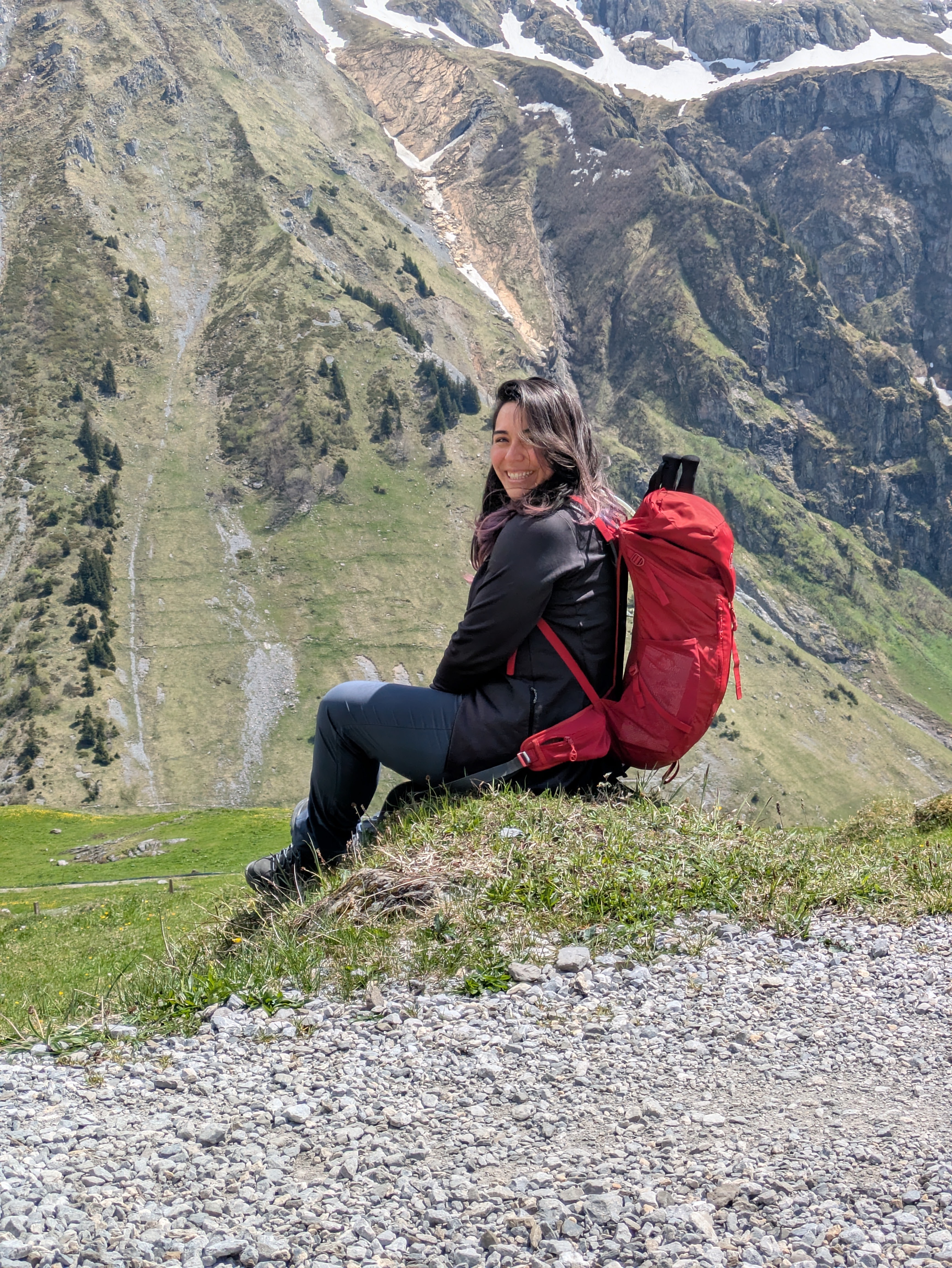


You can find an overview of ongoing debates with our journalists here . Please join us!
If you want to start a conversation about a topic raised in this article or want to report factual errors, email us at english@swissinfo.ch.